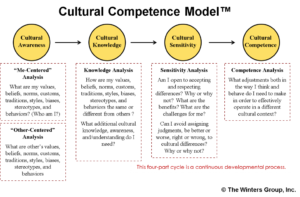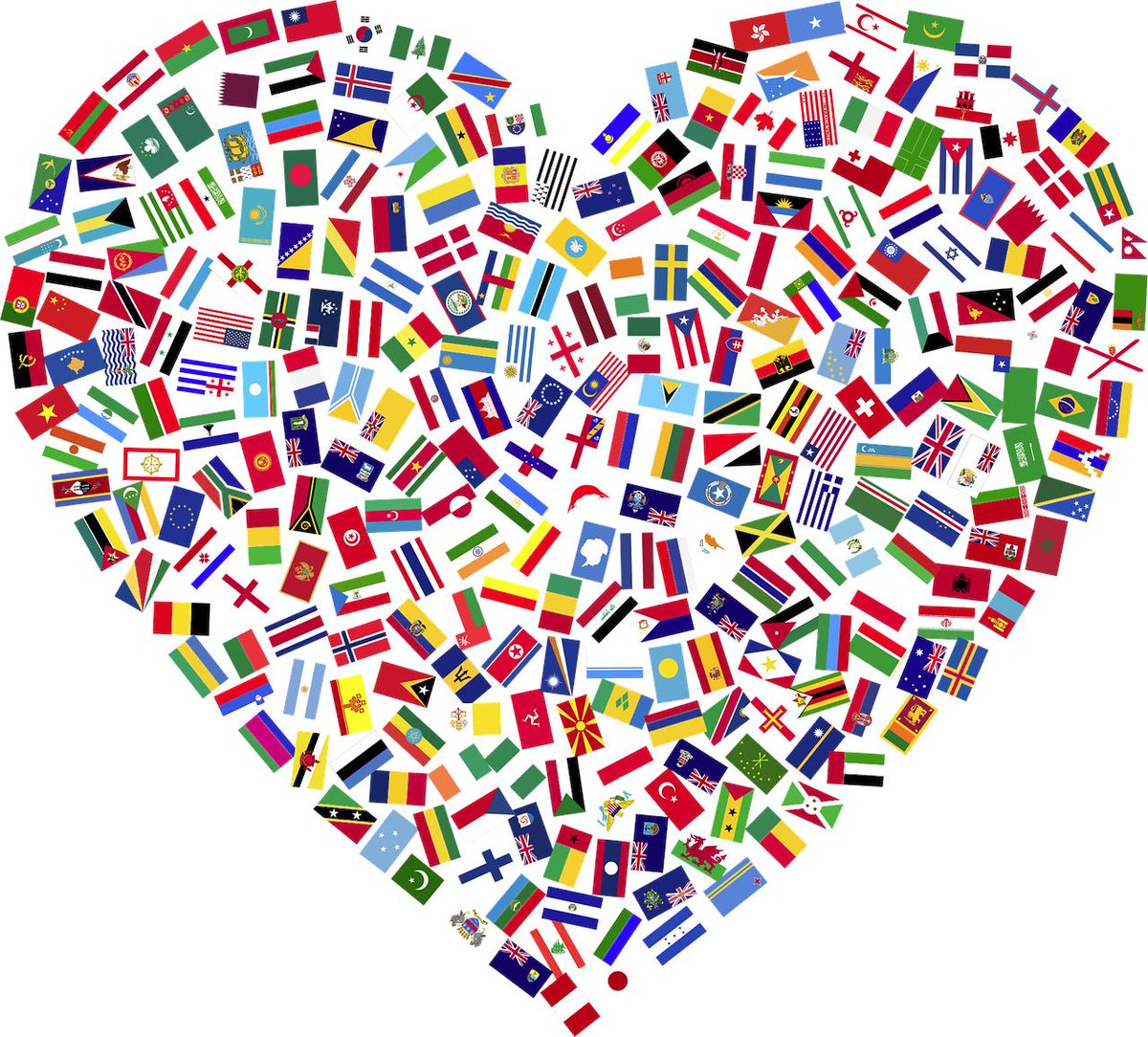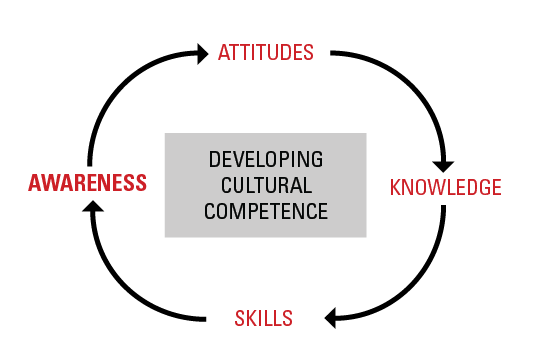What does cultural competency mean?
 Cultural competence is a “set of behaviors, attitudes, and skills that allows for effective work in cross-cultural situations”. Culture is defined as an individual’s beliefs, values, thoughts, communication, race, and religion. Cultural competency requires individuals such as healthcare workers to value the culture of others, understanding diversity, and acquiring cultural knowledge to improve quality of care among patients of different cultures. Cultural competence is acquired by demonstrating appropriate behaviors that show integration of cultural knowledge
Cultural competence is a “set of behaviors, attitudes, and skills that allows for effective work in cross-cultural situations”. Culture is defined as an individual’s beliefs, values, thoughts, communication, race, and religion. Cultural competency requires individuals such as healthcare workers to value the culture of others, understanding diversity, and acquiring cultural knowledge to improve quality of care among patients of different cultures. Cultural competence is acquired by demonstrating appropriate behaviors that show integration of cultural knowledge
Cultural competence is important in improving the quality of care for diverse individuals. Cultural competence is a helpful skill in eliminating health disparities among minority populations . It is also helpful in eliminating structural bias within healthcare systems. Lack of cultural competence within healthcare systems is one of the major causes of high rates of chronic diseases and death in minority populations. An individual’s culture affects the way in which healthcare information is received and communicated between patients and providers. The way in which health care information is perceived, and translated can affect their overall health outcomes



